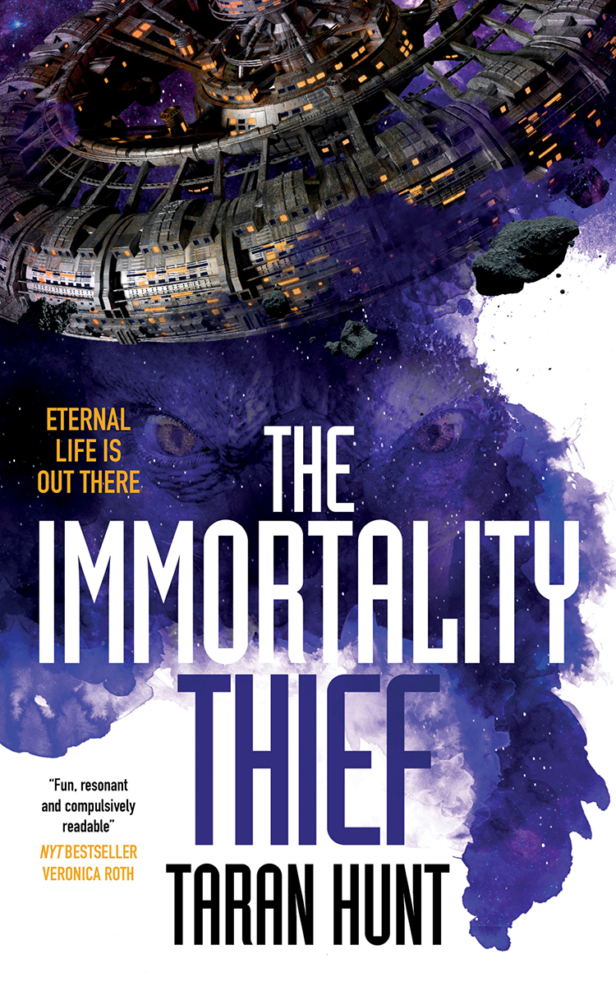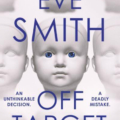Language is connection. Luckily—given that there are over seven thousand languages on Earth, not counting the fictional ones—communication is still possible without sharing one.
In fact, sometimes a difference of language can lead to a more complex connection than a shared language. Below are five times when different languages are used in interesting ways.
The Sparrow by Mary Doria Russell
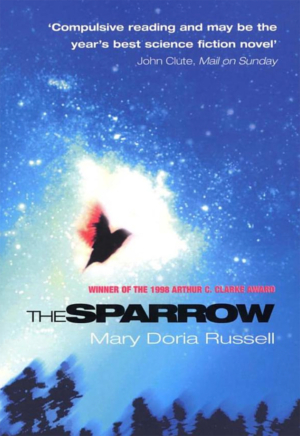
Father Emilio Sandoz, a Jesuit priest and a linguist, has gone to the planet Rakhat as part of a first contact mission—‘mission’ in both the science fiction and the religious sense of the word. It’s his faith that drives him, but his ability with languages that makes him a key member of the crew. Although the mission has initial success, the interaction between humans and the aliens on Rakhat eventually results in catastrophe. More than once, the missionaries learn the words of the Runa or the Jana’ata’s languages…but not the implications behind.
Ancillary Justice by Ann Leckie
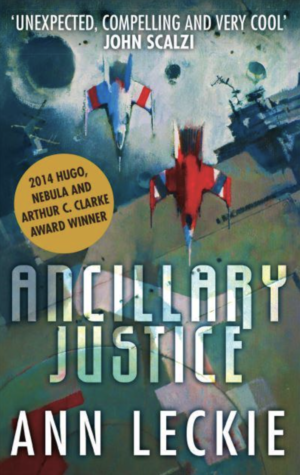
Ancillary Justice does something clever that becomes apparent as the reader gets deeper into the story: everyone in the book is referred to exclusively with female pronouns. Eventually we learn that the narrator comes from a culture that does not distinguish gender, either interpersonally or linguistically. Throughout the novel, the Radch language (and its associated single pronoun) is used to subtly illustrate the tension between the imperialistic Radchaai and the various peoples they have conquered, who often do use gendered pronouns.
Arrival/Story Of Your Life by Ted Chiang
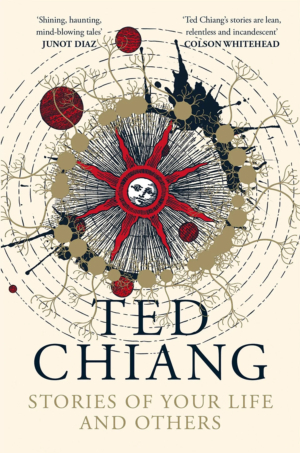
This short story (and its movie adaptation) follow the experiences of a linguist, Louise Banks, who, like Father Sandoz in THE SPARROW, is trying to understand the language of an alien species. In Dr. Banks’ situation, understanding the alien language involves a drastic change of perspective—not just in terms of linguistics, but in her understanding of the nature of time.
Star Trek IV: The Voyage Home
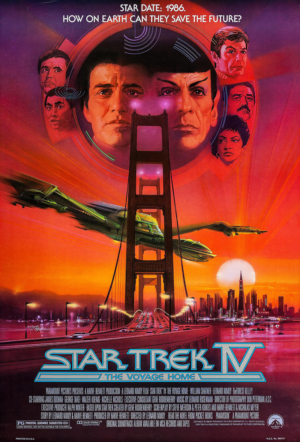
It’s the one with the whales!
This movie is the only work I’ve listed here where the key language isn’t translated. The whole problem is that the characters can’t translate the language of the alien probe attacking Earth—because the only species who spoke the language of the probe, the humpback whale, has gone extinct. Going back in time to steal a pair of humpbacks from a zoo in the 1980s so that they can talk to the probe instead maybe isn’t the most straightforward solution to their language problem, but it is definitely the most fun.
Lord Of The Rings by J. R. R. Tolkien
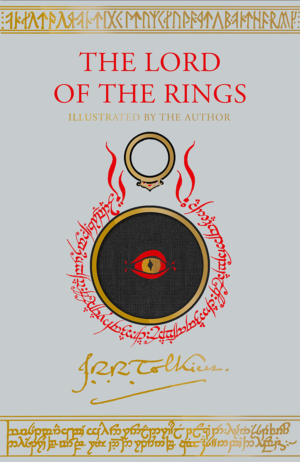
No list of science fiction and fantasy works involving linguistics would be complete without mention of J. R. R. Tolkien. Tolkien created somewhere around fifteen languages, with associated histories, for the world of Middle Earth. It would be easier to list the ways in which the use of various languages do not affect the characters of the series, so I’ll leave you with one fun fact: in-universe, THE LORD OF THE RINGS was written by the hobbits, in the language Westron. Tolkien has “translated” it into English—including translating all the names. Sam never called Frodo “Frodo”—he called him “Maura.”
The Immortality Thief by Taran Hunt is out now. Order your copy here.
